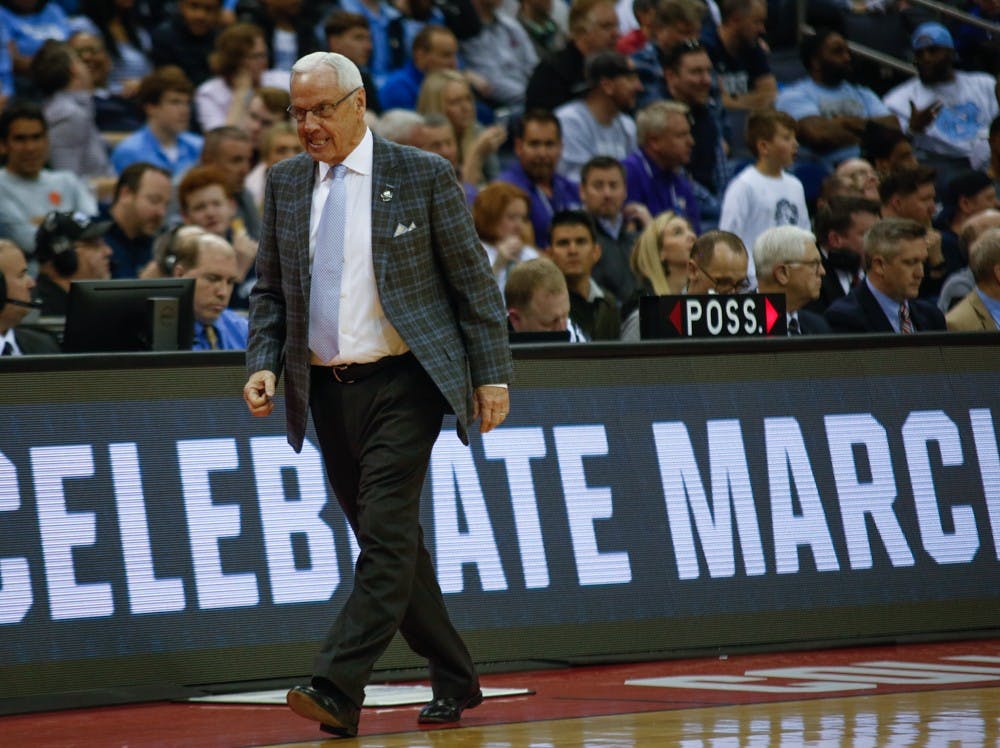Makur Maker, cousin of Detroit Pistons center Thon Maker, recently committed to play for the Howard men's basketball team. ESPN’s 16th-ranked recruit selected Howard over powerhouse programs such as Kentucky, Memphis and UCLA.
Howard, established in 1867, is a historically Black university competing in the Mid-Eastern Athletic Conference, which is composed of 11 HBCUs.
Traditionally, top recruits have chosen programs in Power 5 conferences — such as North Carolina — to complete their college careers. These schools typically allocate more money to their selective athletic programs and provide more exposure for players looking to play in the NBA.
On July 3, Maker tweeted about his decision to commit to Howard. He also clarified that he would provide a more detailed explanation on ESPN on July 9, citing the fact that it is South Sudan Independence Day — Maker's parents are from South Sudan.
“I need to make the HBCU movement real so that others will follow,” Maker wrote on Twitter.
Coming from Phoenix, Arizona, Maker is a 6-foot-11 center ranked as the best player in his state. He is a five-star recruit and scouted as a player who has the ability to shoot three-point shots and handle the ball in the perimeter to complement his abilities in the post.
Maker's decision could make him a trailblazer during his college basketball tenure. Beyond simply raising his own draft stock, his decision could motivate others to consider making commitments to HBCUs.
There have been many discussions over the last few years about whether Black student-athletes should commit themselves to HBCUs. Most notably, The Atlantic writer Jemele Hill suggested in 2019 that future college athletes should look into attending historically Black institutions. Often times, the argument against doing so is one of resources and notoriety.
What may help Maker in his mission are the recent maneuvers that athletes have used as alternatives to college basketball.



